This article was co-authored by Alex Dimitriu, MD and by wikiHow staff writer, Kira Jan. Alex Dimitriu, MD is the Owner of Menlo Park Psychiatry and Sleep Medicine, a clinic based in the San Francisco Bay Area with expertise in psychiatry, sleep, and transformational therapy. Alex earned his Doctor of Medicine from Stony Brook University in 2005 and graduated from the Stanford University School of Medicine's Sleep Medicine Residency Program in 2010. Professionally, Alex has dual board certification in psychiatry and sleep medicine.
There are 29 references cited in this article, which can be found at the bottom of the page.
wikiHow marks an article as reader-approved once it receives enough positive feedback. This article has 25 testimonials from our readers, earning it our reader-approved status.
This article has been viewed 713,772 times.
If you’re on the night shift or find yourself swamped with important tasks, you might need to stay up late to get your work done. Staying alert and diligent during the dark hours can be difficult, since it goes against your body’s natural circadian rhythm.[1] Fortunately, when you start to doze off, there are plenty of methods to stay awake other than guzzling unhealthy energy drinks! From preparation strategies to tips for counteracting sleepiness, we’ve compiled the best ways to keep you energized after the sun goes down.
Steps
Expert Q&A
-
QuestionHow do you survive an all-nighter?
 Alex Dimitriu, MDAlex Dimitriu, MD is the Owner of Menlo Park Psychiatry and Sleep Medicine, a clinic based in the San Francisco Bay Area with expertise in psychiatry, sleep, and transformational therapy. Alex earned his Doctor of Medicine from Stony Brook University in 2005 and graduated from the Stanford University School of Medicine's Sleep Medicine Residency Program in 2010. Professionally, Alex has dual board certification in psychiatry and sleep medicine.
Alex Dimitriu, MDAlex Dimitriu, MD is the Owner of Menlo Park Psychiatry and Sleep Medicine, a clinic based in the San Francisco Bay Area with expertise in psychiatry, sleep, and transformational therapy. Alex earned his Doctor of Medicine from Stony Brook University in 2005 and graduated from the Stanford University School of Medicine's Sleep Medicine Residency Program in 2010. Professionally, Alex has dual board certification in psychiatry and sleep medicine.
Sleep Specialist Try combining caffeine with a power nap for an even bigger energy boost. Drink a cup of coffee, then immediately take a 45-minute nap. When you wake up, the coffee will start kicking in and you'll feel extra rested.
Try combining caffeine with a power nap for an even bigger energy boost. Drink a cup of coffee, then immediately take a 45-minute nap. When you wake up, the coffee will start kicking in and you'll feel extra rested. -
QuestionHow can I stay awake at night to study?
 Alex Dimitriu, MDAlex Dimitriu, MD is the Owner of Menlo Park Psychiatry and Sleep Medicine, a clinic based in the San Francisco Bay Area with expertise in psychiatry, sleep, and transformational therapy. Alex earned his Doctor of Medicine from Stony Brook University in 2005 and graduated from the Stanford University School of Medicine's Sleep Medicine Residency Program in 2010. Professionally, Alex has dual board certification in psychiatry and sleep medicine.
Alex Dimitriu, MDAlex Dimitriu, MD is the Owner of Menlo Park Psychiatry and Sleep Medicine, a clinic based in the San Francisco Bay Area with expertise in psychiatry, sleep, and transformational therapy. Alex earned his Doctor of Medicine from Stony Brook University in 2005 and graduated from the Stanford University School of Medicine's Sleep Medicine Residency Program in 2010. Professionally, Alex has dual board certification in psychiatry and sleep medicine.
Sleep Specialist Being bored can make you feel more tired. Switching tasks and moving around will keep you more stimulated and awake.
Being bored can make you feel more tired. Switching tasks and moving around will keep you more stimulated and awake.
Warnings
- If you’re trying to stake awake while driving, it’s better to pull over or switch drivers. Drowsy driving impairs reaction time, inhibits decision-making, and results in thousands of fatalities every year.[31]⧼thumbs_response⧽
- If you're staying up all night to study for a test, remember that getting enough sleep is actually more beneficial to doing well in the class than cramming your head with facts for the whole night. When you stay up late, your brain operates in short-term, not long-term memory, making it hard to retain anything![32]⧼thumbs_response⧽
- Don’t stay awake at night frequently! You can delay your circadian rhythm and change your biological clock to restart later and later. That may lead to a prolonged change in your sleeping schedule.[33]⧼thumbs_response⧽
References
- ↑ https://www.sleepfoundation.org/shift-work-disorder/tips/staying-awake
- ↑ https://www.theguardian.com/books/2017/may/16/the-science-of-songs-how-does-music-effect-your-body-chemistry
- ↑ https://www.sciencedirect.com/science/article/pii/S0896627307005004
- ↑ https://www.sleepfoundation.org/bedroom-environment/music-and-sleep
- ↑ https://www.ncbi.nlm.nih.gov/pmc/articles/PMC3800667/
- ↑ https://www.mayoclinic.org/healthy-lifestyle/fitness/in-depth/exercise-intensity/art-20046887
- ↑ https://www.sleep.org/articles/snacks-that-keep-you-awake/
- ↑ https://pubmed.ncbi.nlm.nih.gov/30951762/
- ↑ https://www.mayoclinic.org/diseases-conditions/eyestrain/diagnosis-treatment/drc-20372403
- ↑ https://www.aao.org/eye-health/tips-prevention/computer-usage
- ↑ https://www.sleepfoundation.org/how-sleep-works/how-electronics-affect-sleep
- ↑ https://onlinelibrary.wiley.com/doi/full/10.1111/j.1365-2869.2004.00425.x
- ↑ https://health.clevelandclinic.org/what-is-the-ideal-sleeping-temperature-for-my-bedroom/
- ↑ http://healthysleep.med.harvard.edu/healthy/science/how/external-factors
- ↑ https://www.ncbi.nlm.nih.gov/pmc/articles/PMC5136610/
- ↑ https://www.mayoclinic.org/healthy-lifestyle/nutrition-and-healthy-eating/in-depth/caffeine/art-20049372
- ↑ http://sleepeducation.org/news/2013/08/01/sleep-and-caffeine
- ↑ https://www.ncbi.nlm.nih.gov/books/NBK223808/
- ↑ http://sleepeducation.org/news/2013/08/01/sleep-and-caffeine
- ↑ https://www.hsph.harvard.edu/nutritionsource/energy-drinks/
- ↑ https://www.salemhealth.org/services/sleep/good-sleep-habits/how-to-stay-awake-naturally
- ↑ https://www.salemhealth.org/services/sleep/good-sleep-habits/how-to-stay-awake-naturally
- ↑ https://www.mayoclinic.org/healthy-lifestyle/adult-health/in-depth/napping/art-20048319
- ↑ https://www.mayoclinic.org/healthy-lifestyle/adult-health/in-depth/napping/art-20048319
- ↑ https://www.salemhealth.org/services/sleep/good-sleep-habits/how-to-stay-awake-naturally
- ↑ http://healthysleep.med.harvard.edu/healthy/science/how/external-factors
- ↑ https://www.cdc.gov/niosh/emres/longhourstraining/usinglight.html
- ↑ https://www.sleepfoundation.org/articles/connection-between-hydration-and-sleep
- ↑ https://www.sportsperformancebulletin.com/nutrition-for-endurance-athletes/supplements/caffeine-alcohol-dehydration/
- ↑ https://www.helpguide.org/articles/sleep/getting-better-sleep.htm
- ↑ https://www.cdc.gov/sleep/about_sleep/drowsy_driving.html
- ↑ https://www.sciencedaily.com/releases/2016/09/160919162837.htm
- ↑ http://healthysleep.med.harvard.edu/healthy/science/how/external-factors
About This Article
To stay awake at night, try drinking coffee or other beverages containing caffein at regular intervals. Additionally, turn on a fan or open the windows to cool the room down, since you’re more likely to sleep if it’s warm. You should also get up and move around from time to time to get your blood flowing and stay alert. If you notice yourself getting drowsy, try switching to a different task that requires you to pay more attention. Alternatively, eat a healthy snack like yogurt or granola to boost your blood sugar levels, because low blood sugar can make you tired. To learn more, including when to take a nap during the day, read on!
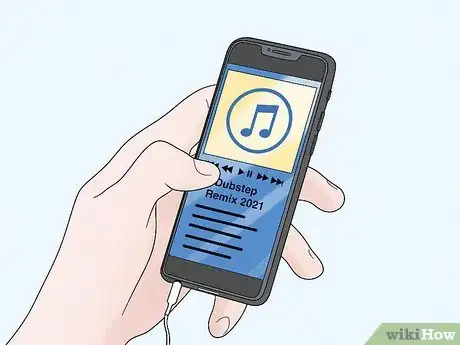
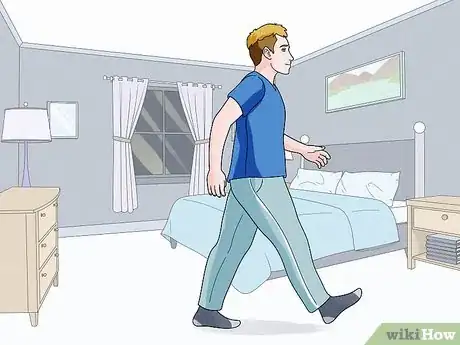
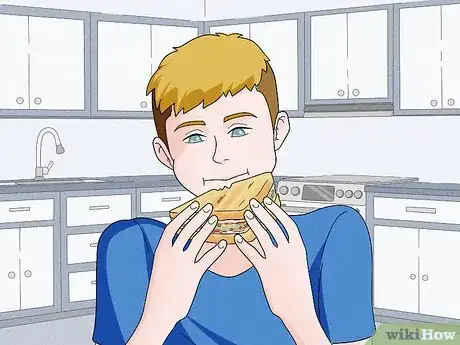
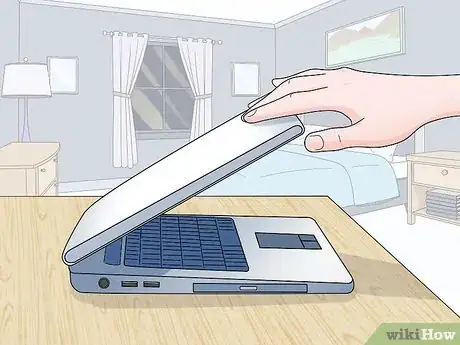
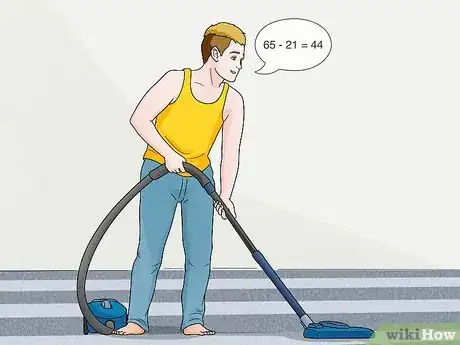
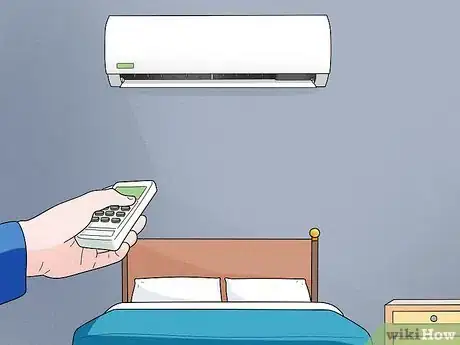


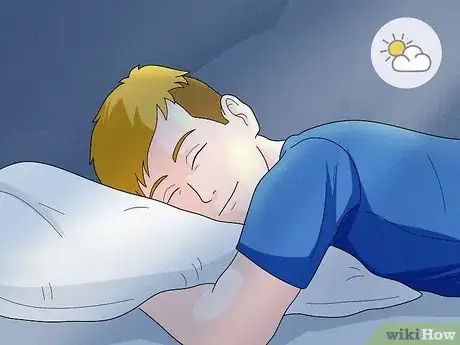
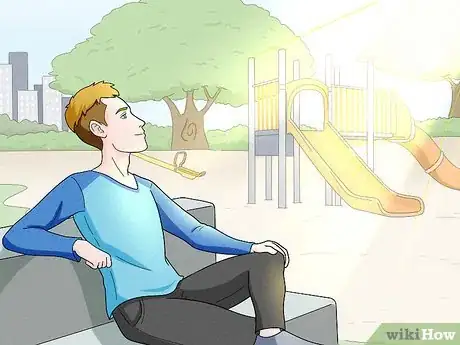
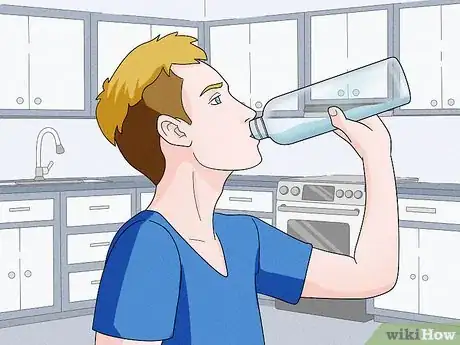
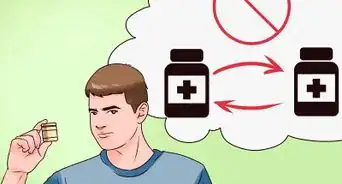



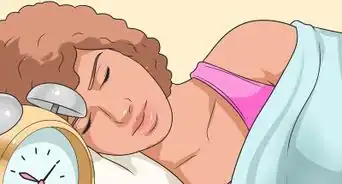
-Step-10-Version-2.webp)
-Step-20.webp)
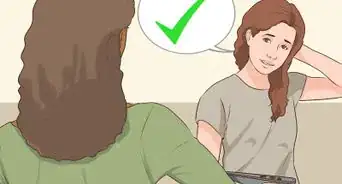
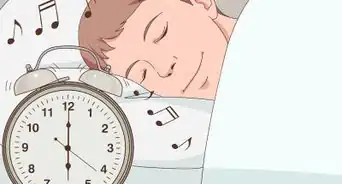


-Step-10-Version-4.webp)
-Step-19-Version-2.webp)












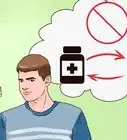


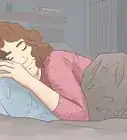



































Medical Disclaimer
The content of this article is not intended to be a substitute for professional medical advice, examination, diagnosis, or treatment. You should always contact your doctor or other qualified healthcare professional before starting, changing, or stopping any kind of health treatment.
Read More...